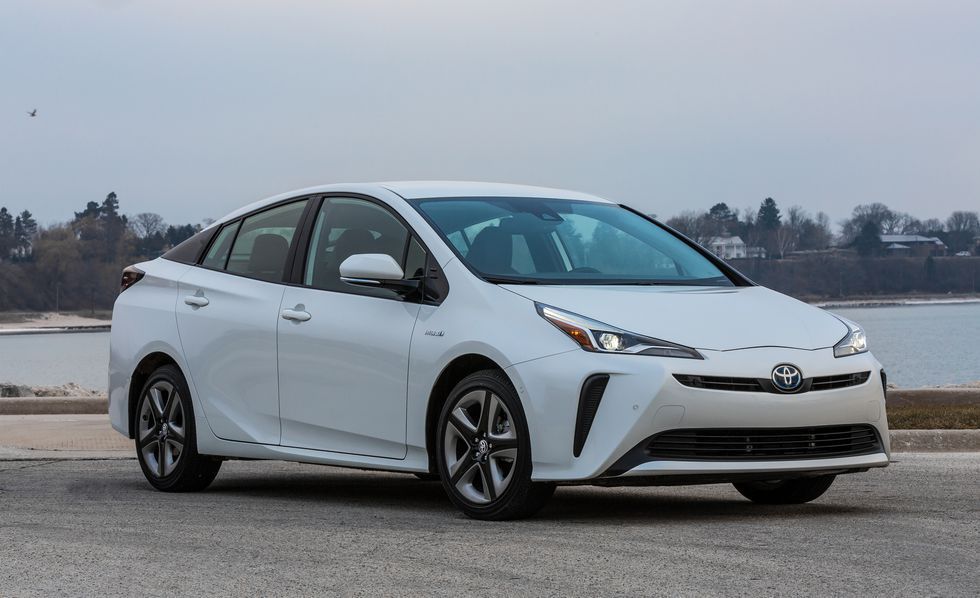Introduction: The Rising Trend of Hybrid Cars
In recent years, hybrid cars have become a hot topic in the automotive world. Amidst growing environmental concerns and skyrocketing fuel prices, more consumers are leaning towards sustainable options. But what does hybrid mean in a car? If you’re considering making the switch to a more eco-friendly vehicle, understanding what a hybrid is and how it functions is crucial. We’re here to provide you with an in-depth guide on everything you need to know about hybrid cars.
How Does a Hybrid Car Work?
The Essence of Dual Power Sources
The word “hybrid” implies a combination of different elements, and that’s precisely what a hybrid car is. A typical hybrid car runs on two different power sources: an internal combustion engine and an electric battery. This dual system allows the car to switch between fuel and electric power, optimizing performance and efficiency.
The Regenerative Braking Mechanism
A unique feature that sets hybrid cars apart is the regenerative braking system. When you apply the brakes in a traditional vehicle, kinetic energy is lost as heat. In a hybrid, this energy is captured and used to recharge the electric battery, making the vehicle more energy-efficient.
Different Types of Hybrid Cars
Parallel Hybrids
In a parallel hybrid, both the internal combustion engine and the electric motor can directly power the wheels. The vehicle relies on the electric motor at low speeds and the engine at higher speeds.
Series Hybrids
In series hybrids, the internal combustion engine doesn’t directly power the wheels. Instead, it charges an electric generator that either charges the batteries or powers the electric motor that moves the vehicle.
Plug-in Hybrids
Plug-in hybrids allow you to plug your car into an electric outlet to charge the battery. This type allows for greater electric-only driving range compared to other types.
Why Choose a Hybrid?
Environmental Benefits
One of the most compelling reasons to opt for a hybrid car is the reduced environmental impact. Hybrids emit fewer greenhouse gases compared to conventional cars, which is beneficial for combating climate change.
Fuel Efficiency and Cost Savings
The fuel efficiency of hybrid cars is another massive advantage. The initial cost might be higher, but the long-term savings on fuel are significant.
How to Maintain a Hybrid Vehicle
Contrary to popular belief, maintaining a hybrid isn’t much different from a regular car. Regular service check-ups, tire rotations, and oil changes are standard. However, the electrical components may require specialized service.
Pros and Cons of Owning a Hybrid Car
Pros:
- Better fuel efficiency
- Lower emissions
- Financial incentives
Cons:
- Higher upfront cost
- Limited electric-only range
- Battery replacement costs
Hybrid Cars vs Electric Cars: What’s the Difference?
While both are greener alternatives to traditional vehicles, they have distinct operational differences. Electric cars run entirely on electricity, while hybrids use a combination of fuel and electric power.
FAQs: Answering Common Questions About Hybrid Cars
1. What is the average lifespan of a hybrid battery?
The average lifespan of a hybrid battery is around 8 to 15 years, depending on the manufacturer and driving conditions.
2. How much does it cost to replace a hybrid battery?
The cost of replacing a hybrid battery can range from $1,000 to $6,000, depending on the model.
3. Can you drive a hybrid car without the battery?
Yes, most hybrid cars can operate on the internal combustion engine alone, though performance may be reduced.
4. Is it more expensive to insure a hybrid car?
Generally, insurance costs for hybrid vehicles are comparable to non-hybrids but can vary based on several factors.
5. What happens if a hybrid car runs out of fuel?
If a hybrid car runs out of fuel but has a charged battery, it can still run for a limited distance on electric power alone.
Conclusion: The Future of Hybrid Cars
Understanding what does hybrid mean in a car allows us to appreciate the intricate engineering and the numerous advantages these vehicles offer. As technology advances, we can only expect these eco-friendly machines to become more prevalent. With fuel efficiency, reduced emissions, and growing availability, the future of hybrid cars looks promising.

